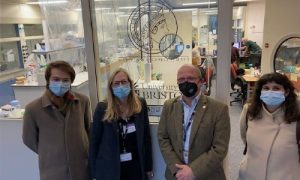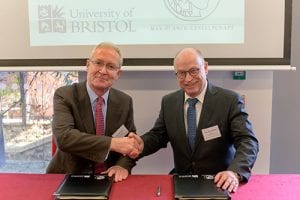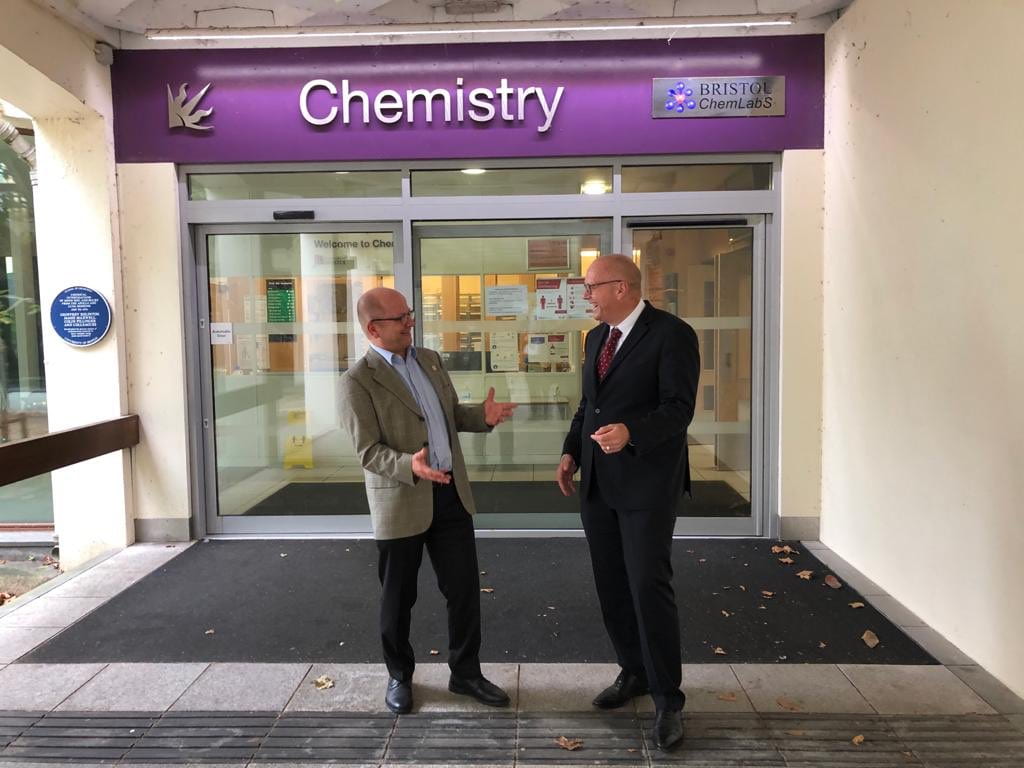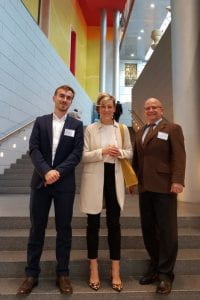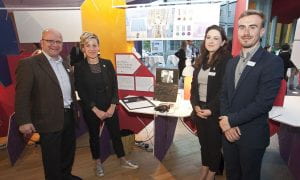Taking De Novo Protein Design And Assembly Into Bacterial Cells
Click here to apply.
Application deadline: Monday 2nd December 2019 (Midnight)
Host Institution: University of Bristol
Commencing: September 2020
Main Supervisor: Prof Dek Woolfson
Second Supervisor(s): Prof Nigel Savery and Prof Paul Verkade
Advancing the frontiers of bioscience discovery, the South West Biosciences Doctoral Training Partnership (SWBio DTP) aims to provide PhD students with outstanding interdisciplinary research training.
Project Description:
De novo protein design is the process of building entirely new protein sequences to adopt stable structures from scratch, and programming these further to perform desired functions. It is distinct from protein engineering, which aims to improve the stabilities and functions of natural proteins for given applications. In basic science, de novo protein design is the acid test of our understanding of sequence-to-structure/function relationships of natural proteins. In frontier bioscience, it presents possibilities for generating protein structures not yet observed in nature, i.e. the so-called ‘dark matter of protein-structure space’ (Woolfson et al., (2015) Curr Opin Struct Biol 33 16). In applied science and biotechnology, it offers routes to hyperstable proteins with functions not performed by natural proteins.
Over the past 5 – 10 years, protein designers’ abilities to deliver stable de novo proteins that fold and assemble as prescribed has advanced considerably. This has come through improvements in our understanding of sequence-to-structure relationships in proteins, advances in computational design methods, the reduced cost of synthetic peptides and genes, and increased speeds of high-throughput screening of protein libraries. These advances set new targets for the field of de novo protein design. One of these challenges is to take de novo proteins directly into cells to enhance and augment natural biological systems.
Our research groups—Woolfson, Savery and Verkade—have worked together for 5 years to help establish this nascent field of ‘protein design in the cell’. Our achievements include the design,
assembly, visualisation and functionalisation of a de novo cytoskeleton in E. coli (Lee et al. (2018) Nat Chem Biol 14 142); and the delivery of a series of de novo protein-protein interactions that operate in E. coli and substitute for protein-protein-interactions domains that control transcription (Smith et al.(2019) ACS Synth Biol 8 1284).
The proposed PhD project builds on these international and local developments in de novo protein design, and the collaborative environment that we have established, to advance protein design in the cell. Specifically, we will take protein-design modules that the Woolfson group has built and characterised to high resolution, combine them to make functional de novo assemblies in E. coli using synthetic-biology methods established by the Savery group, and visualise the assemblies directly in cells using the Verkade group’s expertise in light and electron microscopy. Our overall aim is to design de novo proteins that fold, assemble, disassemble and function on command in living cells.
How to apply:
To submit an application, please click here.
For eligibility requirements, please click here.
For further information, please contact the listed supervisor: Prof Dek Woolfson



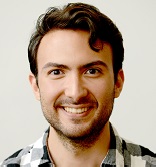 We are excited to introduce the newest member of the Max Planck Bristol Centre for Minimal Biology.
We are excited to introduce the newest member of the Max Planck Bristol Centre for Minimal Biology.